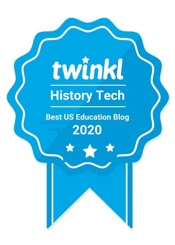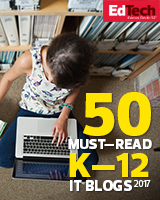Is it ever okay for your kids to hate your social studies class?
Can you ever have too much Sam Wineburg? The answer is . . . no, no you can’t. So enjoy this re-mix of a post from a couple of years ago.
———————–
Okay. I don’t want kids to hate social studies. Let’s be clear about that from the get go. But . . . I also think that we sometimes fall off the wagon on the other end by working way too hard trying to find activities that our kids will enjoy or projects that are “engaging.”
It’s been more than just a few years since I first heard Sam Wineburg speak. I had read his book Thinking Historically and Other Unnatural Acts. Read some of his early articles on historical thinking skills and loved his ideas about how we needed to re-think our approach to teaching history. But it wasn’t until a combined Kansas / Missouri Council for History Education conference way back in 2008 that I first heard him speak. He opened the conference with a keynote highlighting the main ideas in his book.
And now, of course, he’s a future social studies Hall of Famer having helped to swing the pendulum of social studies instruction over to something more focused on a balance of both content and process.
But something he said way back in 2008 has stuck with me:
Read moreI don’t think that a history class should be about things such as History Alive or about making cute posters, or about making history “engaging.” It’s about getting students to thinking rigorously about the evidence. Fun is okay, but I would rather have them hate the class and come out having the skills needed to be good citizens than having them enjoy themselves.





























